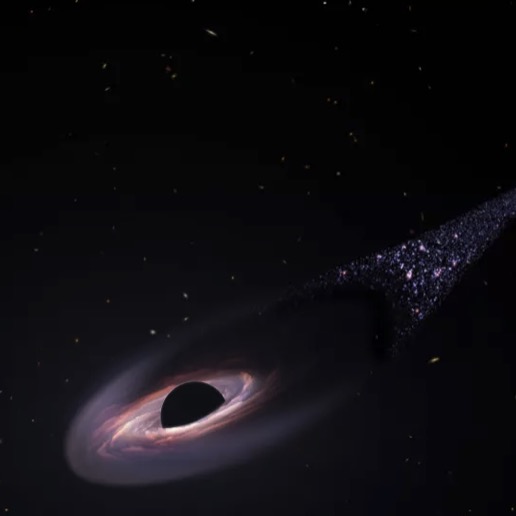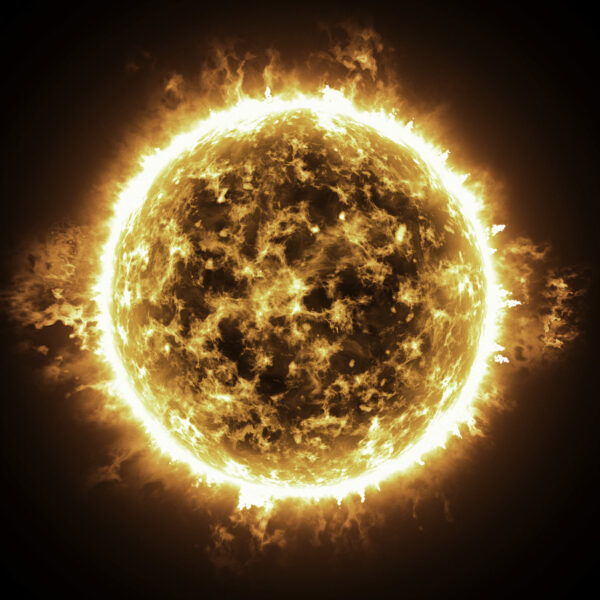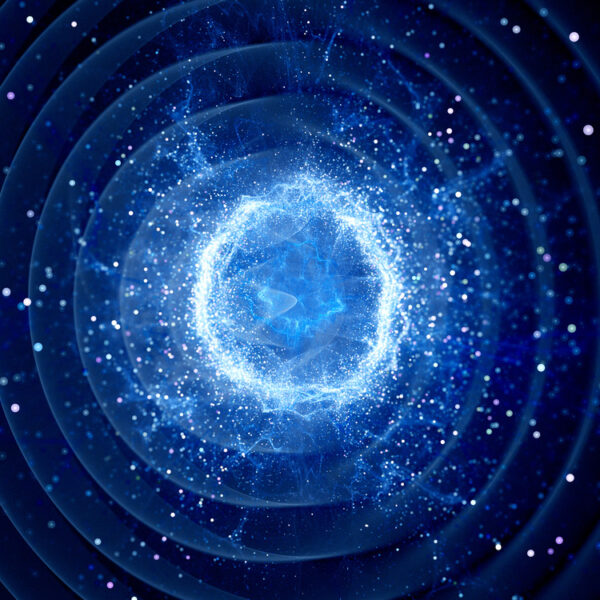Writer Fuel: Are Tiny Black Holes Altering the Earth’s Orbit?
Some of the universe’s oldest black holes swoop past our cosmic neighborhood at least once every decade, moving planets in their wake, a new study suggests. And if scientists can detect them, it would provide the first proof that these black holes exist as dark matter. Black holes, regions of immense gravity that even trap … Read more






